79 years since the end of the Siege of Leningrad
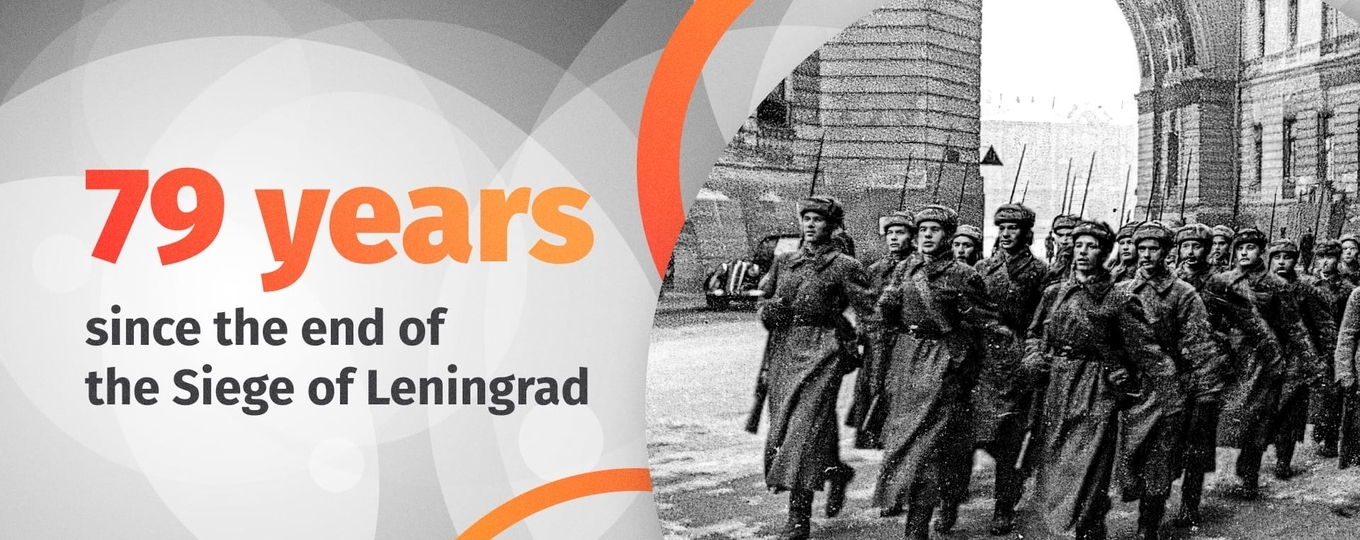
The day of the complete liberation of Leningrad from the fascist blockade is celebrated in our country annually on January 27. The heroic defense of the city lasted 872 days.
The blockade ring closed around Leningrad on September 8, 1941, on the 79th day of the Great Patriotic War. Hitler's plans left no future for Leningrad: the German leadership and Hitler personally expressed intentions to completely destroy the city. About 150 thousand shells were fired at Leningrad and over 107 thousand incendiary and high-explosive bombs were dropped during the blockade. Many Leningraders died during shelling and bombing, many buildings were destroyed.
Luftwaffe pilots bombed the Badaev warehouses on 10 September. The city has lost significant food supplies. Fuel and water supplies ran out, the supply of light and heat stopped. The famine began in the autumn of 1941. A card system for supplying citizens with food was implemented. The norms for the distribution of bread for workers had dropped to 250 g per day by November 20, 1941 and for the rest of the population – about 125 g. The mass death of people began. 53 thousand people died in December, in January 1942 – about 100 thousand, in February – more than 100 thousand. The preserved pages of little Tanya Savicheva's diary do not leave anyone indifferent: "Grandma died on January 25 ... " Uncle Alyosha on May 10 ... Mom on May 13 at 7:30 am… Everyone died. Only Tanya is stayed." Today, in the works of historians, the figures of the dead Leningraders vary from 800 thousand to 1.5 million people. Grief has come to every family. The figures of the dead Leningraders vary today in the works of historians: from 800 thousand to 1.5 million people. Grief has come to every family.
Leningraders continued to work – administrative and children's institutions, printing houses, polyclinics, theaters worked, scientists continued to work. Teenagers worked in factories, replacing fathers who went to the front. Over 200 enterprises operated in the city, including seven shipyards that produced 13 submarines during this time. The industry of besieged Leningrad produced 150 samples of military products during the blockade, Leningrad enterprises produced about 10 million shells and mines, 12 thousand mortars, 1.5 thousand aircraft, 2 thousand tanks were manufactured and repaired. Despite the bombing, even in the winter of 1941-1942 there were performances and musical performances in the city. Even in the winter of 1941-1942, there were performances and musical performances in the city despite the bombing.
The situation of Leningrad has improved significantly after the partial breakthrough of the blockade. The threat to the city continued to persist. It was necessary to push the enemy out of the Leningrad region in order to finally eliminate the blockade. The Leningrad-Novgorod operation was carried out by the Leningrad, Volkhov and 2nd Baltic Fronts in cooperation with the Baltic Fleet, Ladoga and Onega flotillas.
Soviet troops went on the offensive on January 14, 1944 and liberated Novgorod on January 20. The enemy began to withdraw from the Mga–Tosno area on January 21. Soviet troops liberated Pushkin from the Nazis on January 24-26, recaptured the October Railway. The liberation of Krasnogvardeysk (Gatchina) on the morning of January 26, 1944 led to the collapse of the continuous line of defense of the Nazi troops. The troops of the Leningrad Front, in close cooperation with the troops of the Volkhov Front, inflicted a heavy defeat on the 18th Wehrmacht Army, advancing 70-100 kilometers by the end of January. The order of the Military Council of the Leningrad Front on January 27 was read on the radio. The order spoke of the complete liberation of Leningrad. The festive fireworks thundered in commemoration of the complete lifting of the blockade.
The Battle for Leningrad has become a symbol of the courage and dedication of the defenders of the city. Despite the terrible hardships and trials that befell the Leningraders, they survived and saved their city.
The memory of the feat of the people who defended their hometown for future generations is sacred for all of us.
We are deeply indebted to everyone who lived and fought in the besieged city. SPbSUT annually congratulates former and current employees who were children during the blockade. Eternal memory and glory to the heroes!
We wish peace, kindness, happiness and prosperity to all residents of St Petersburg!
 2 december
Best International Students: Results of the Annual Top 10 Awards
2 december
Best International Students: Results of the Annual Top 10 Awards
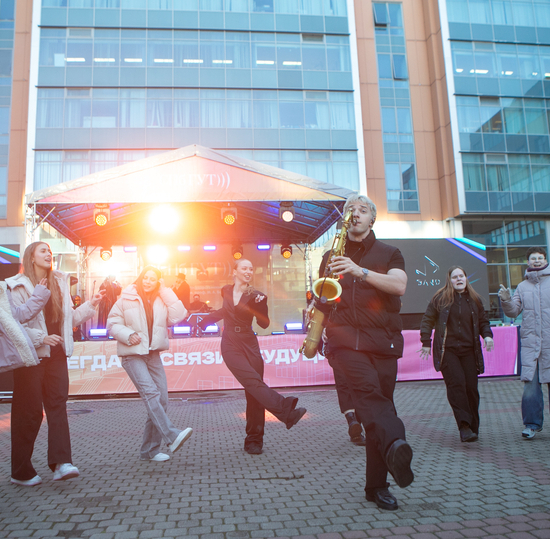 23 october
Energy of victory: SPbSUT Student Anniversary Day
23 october
Energy of victory: SPbSUT Student Anniversary Day
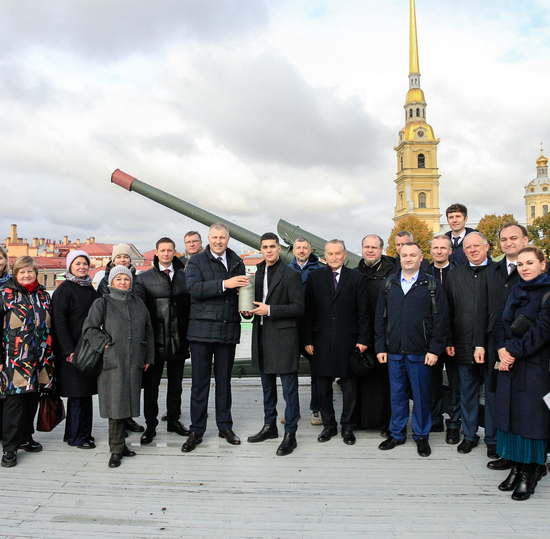 14 october
95 years in the communications industry
14 october
95 years in the communications industry
 6 october
Results of a business trip to Vietnam
6 october
Results of a business trip to Vietnam
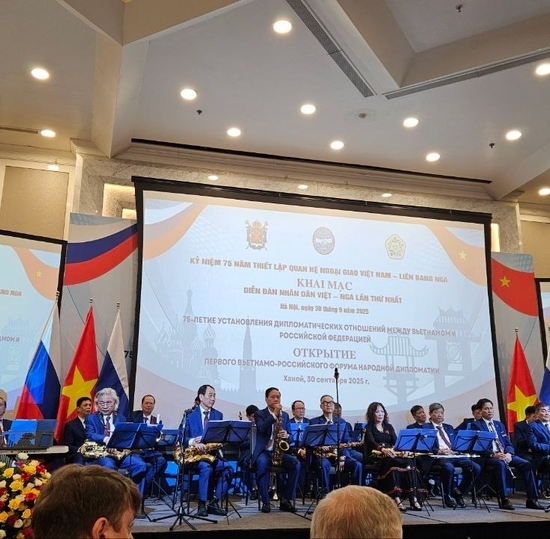 3 october
Vietnam-Russia Forum on Public Diplomacy in Hanoi
3 october
Vietnam-Russia Forum on Public Diplomacy in Hanoi
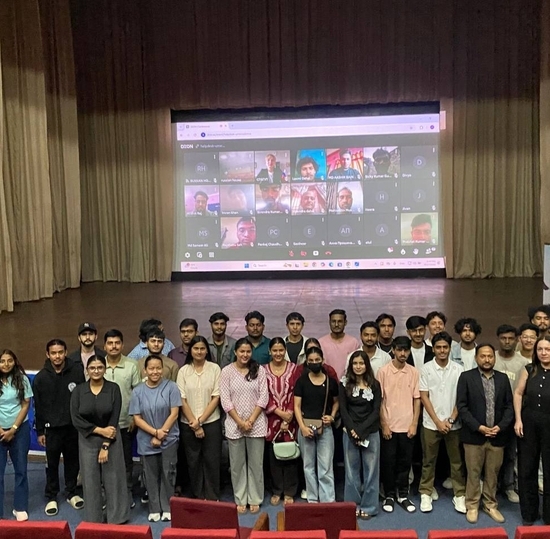 19 september
Online meeting for applicants from Nepal
19 september
Online meeting for applicants from Nepal
 9 june
SPbSUT participated at the interuniversity meeting with the delegation from Venezuela
9 june
SPbSUT participated at the interuniversity meeting with the delegation from Venezuela
 27 may
SPbSUT develops cooperation with Vietnam
27 may
SPbSUT develops cooperation with Vietnam
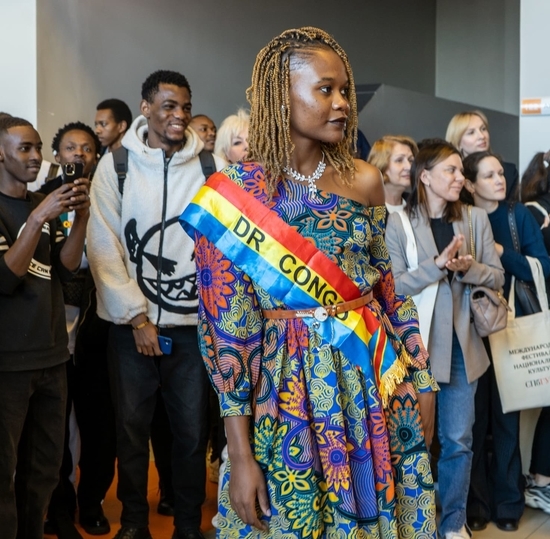 5 may
XXI International Festival of National Cultures
5 may
XXI International Festival of National Cultures
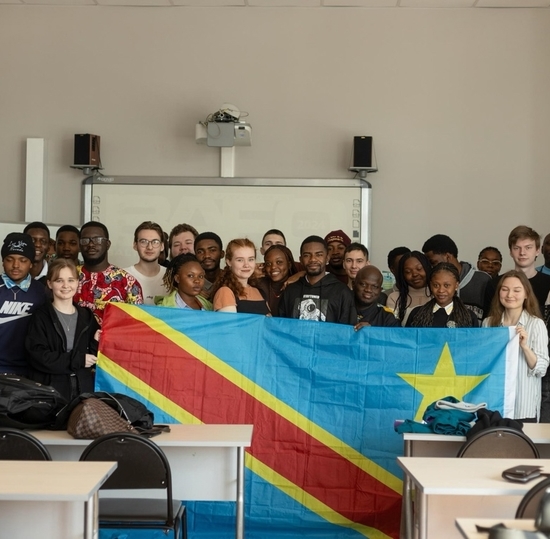 18 april
Welcome meeting for the Congolese students
18 april
Welcome meeting for the Congolese students
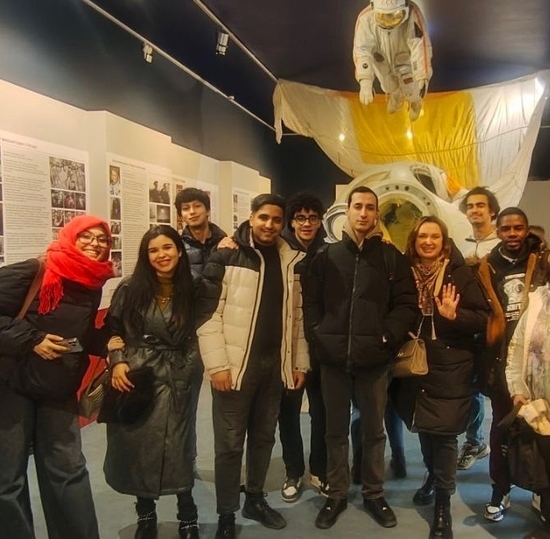 18 april
Foreign students of SPbSUT in the Cosmonautics Museum
18 april
Foreign students of SPbSUT in the Cosmonautics Museum
 27 march
SPbSUT сelebrated Navruz
27 march
SPbSUT сelebrated Navruz
 18 march
SPbSUT and the Russian-Balkan Center of Cultural and Business Cooperation signed an Agreement
18 march
SPbSUT and the Russian-Balkan Center of Cultural and Business Cooperation signed an Agreement
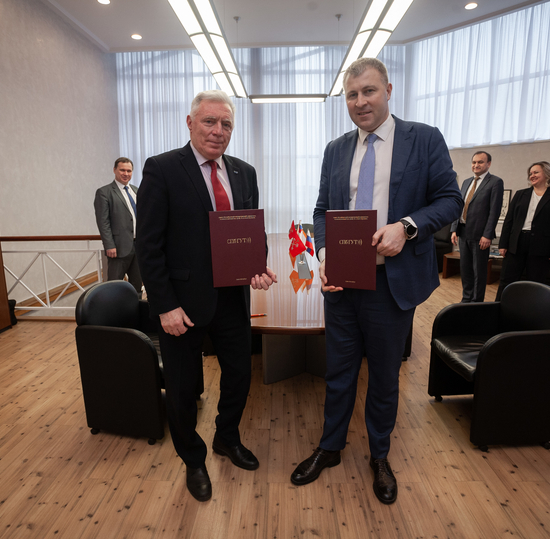 13 march
SPbSUT and the Russia-Latin America Business Center signed an agreement of cooperation
13 march
SPbSUT and the Russia-Latin America Business Center signed an agreement of cooperation
 12 february
Prospects for cooperation with universities in the Balkan Peninsula
12 february
Prospects for cooperation with universities in the Balkan Peninsula
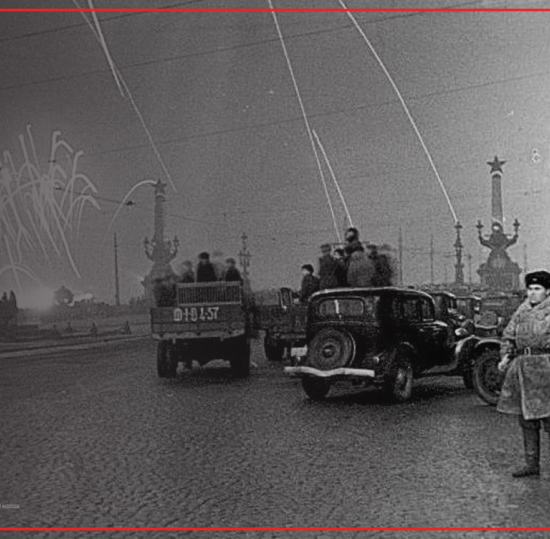 27 january
The Day of the complete lifting of the blockade of Leningrad
27 january
The Day of the complete lifting of the blockade of Leningrad
 22 january
SPbSUT satellite works in space
22 january
SPbSUT satellite works in space
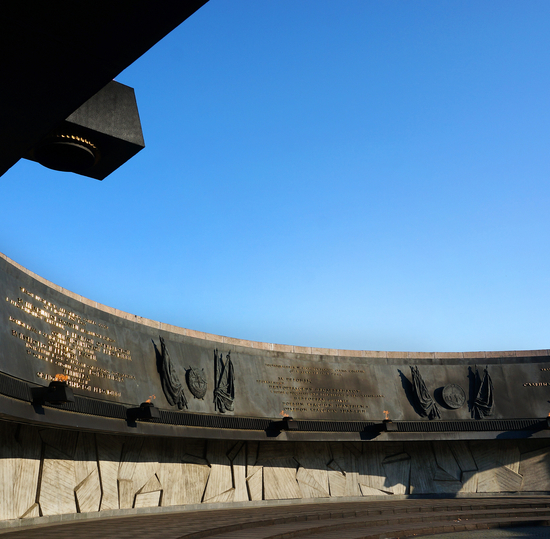 20 january
Day of the Breakthrough of the Leningrad Blockade
20 january
Day of the Breakthrough of the Leningrad Blockade
 26 december
Foreign students visited the Museum of New Year
26 december
Foreign students visited the Museum of New Year
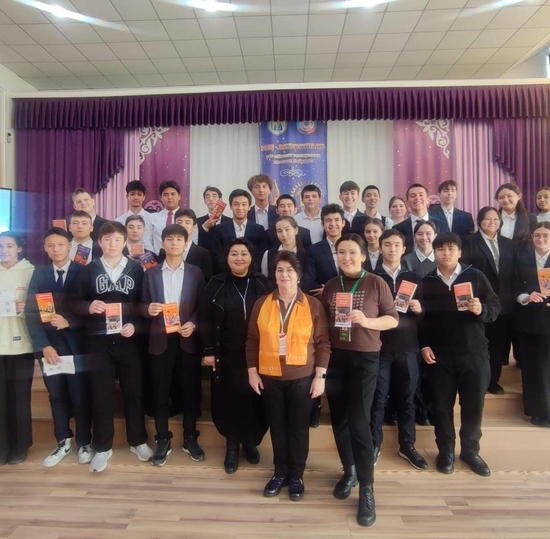 16 december
SPbSUT in the regions of Kazakhstan
16 december
SPbSUT in the regions of Kazakhstan




